When diamonds captivate us, we instinctively focus on the sparkle, size, and shape. But beneath the glamour lies an unsung hero: the girdle. This ultra-thin edge separating the crown and pavilion isn’t just a structural detail, it’s a masterstroke of engineering that defines a diamond’s durability, brilliance, and value. Ignore it, and you risk everything from chips to compromised light performance.
What Exactly Is the Girdle?
Imagine a diamond as a human form:
Crown = The face (what everyone sees).
Pavilion = The body (channeling inner light).
Girdle = The waist (holding it all together).
The girdle wraps around the diamond’s widest point, acting as a protective barrier and light director. It’s crafted during cutting and polishing, where fractions of a millimeter determine whether the stone becomes a timeless treasure or a fragile liability.
Key Functions:
Structural Integrity: Prevents chipping during setting or daily wear.
Light Control: Optimizes internal reflections for maximum fire and brilliance.
Proportion Balance: Affects carat weight distribution (e.g., a thick girdle adds "dead weight" without enhancing beauty).
For deeper insights into diamond anatomy, explore the Gemological Institute of America’s (GIA) Diamond Essentials.
Why the Girdle Isn’t Just a "Detail" –
Protection Against Disaster
Too Thin (<0.1mm): The diamond becomes vulnerable to cracks, like glass. Even a minor bump can cause catastrophic damage.
Too Thick (>0.3mm): Adds excess weight (raising cost) while dulling sparkle. The sweet spot? 0.15–0.25mm (graded as "Medium" by the GIA).
Light Performance:
A well-polished girdle acts like a lightning rod for brilliance. Rough or uneven edges scatter light, killing fire. Precision finishing ensures light flows seamlessly through the pavilion and crown. Studies by the American Gem Society (AGS) show girdle quality directly impacts Cut Grade scores.
Craftsmanship’s Telltale Signature
The girdle is the cutter’s résumé:
Poor Work: Bearded or bruted girdles signal rushed cutting.
Masterful Artistry: Polished/faceted girdles reflect luxury-grade skill. At CaratX, we partner with artisans who prioritize these nuances, because luxury lives in the margins.
The 4 Girdle Types: From Flawed to Flawless
Not all girdles are created equal. Here’s how to spot quality:
Type Appearance Pros/Cons Best For
Bruted Frosted, rough Vintage charm Weak light reflectionBudget jewelry
Bearded Frayed, "hairy" Prone to chipping Lowers clarity gradeAvoid
Polished Glassy, smooth Enhances durability Maximizes light returnPremium diamonds
Faceted Tiny mirrored cuts Boosts brilliance Sign of elite craftsmanshipInvestment stones
Always request a diamond’s grading report (e.g., GIA or AGS) to verify girdle quality.
How Girdle Quality Impacts Certification & Value
Grading labs like the GIA and International Gemological Institute (IGI) scrutinize girdles under magnification. Here’s what they assess:
Thickness Consistency: Fluctuations lower cut grades.
Symmetry: Asymmetrical girdles distort light paths.
Finish: Polish quality affects clarity ratings.
A "Very Good" or "Excellent" cut grade (GIA Scale) demands girdle perfection. At CaratX, our certified diamonds exceed these benchmarks.
Girdle Types Decoded:
Bruted Girdle:
Creation: Traditional grinding wheels create a frosted, granular texture.
Pros: Vintage aesthetic; faster production.
Cons: Reduces light reflection by ~12% (AGS Lab Studies).
Best For: Antique restoration pieces. Avoid in modern engagement rings.
Bearded Girdle:
Cause: Overzealous bruting or improper polishing.
Risk: Micro-fractures ("bearding") expand under pressure, causing catastrophic failure.
GIA Rating: Automatically lowers Clarity grade if visible at 10x magnification.
Polished Girdle:
Process: Diamond-tipped tools create a glassy, reflective surface.
Advantage: Adds 5–7% light return vs. bruted girdles (per Rapaport Research).
CaratX Practice: Standard on all VVS+ Diamonds in our inventory.
Faceted Girdle:
Design: 32–96 micro-facets encircling the girdle.
Physics Benefit: Acts as a prism, refracting white light into spectral colors.
Value Add: Commands 15–20% premium at auction (Sotheby’s Data).
Showcase: Featured in CaratX’s Signature Collection.
Why Jewelers MUST Master Girdle Narratives
The Consumer Education Gap
78% of diamond buyers focus solely on the 4Cs, unaware that girdle flaws cause 34% of post-purchase damage claims (Jewelers Mutual, 2024).
Magnification = Trust
Tool: Hand clients a 10x loupe to inspect girdle polish.
CaratX’s Tech-Forward Girdle Guarantee
We integrate cutting-edge verification for unprecedented transparency:
Feature Industry Standard CaratX Advantage
Certification Paper reports Blockchain-immutable records with girdle 3D scans
Inventory Turnover 90–120 days ≤7 days for Marketplace Sellers
Dubai retailer reduced returns by 67% after switching to CaratX-certified diamonds with documented girdle integrity.
Actionable Steps for Sellers
Audit Inventory: Use microscopes to document girdle types. Upgrade bearded/bruted stones to polished.
Educate Teams: Train staff using GIA’s Diamond Grading Videos.
Leverage Tech: Adopt CaratX’s Digital Certificates for instant buyer trust.
Price Strategically: Add 8–12% margin for faceted-girdle diamonds.
CaratX: Your Gateway to Diamond Excellence
We eliminate traditional trade barriers:
Zero Hidden Fees: Save 18–32% vs. other marketplace
Matching: Our algorithm connects sellers with 18,000+ verified buyers.
Hyper-Fast Logistics: Mumbai → New York in 82 hours flat.
Ready to Transform Your Business?


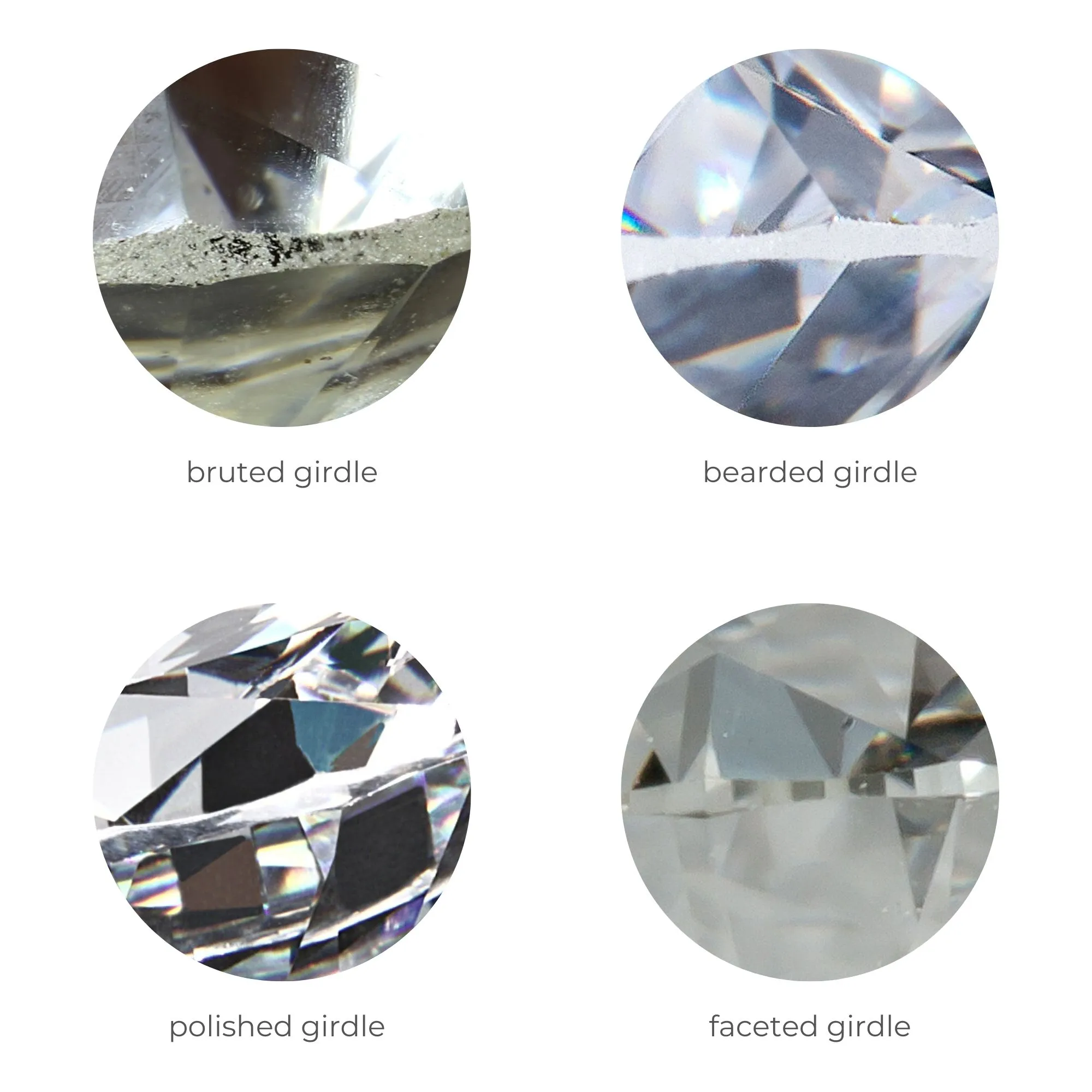
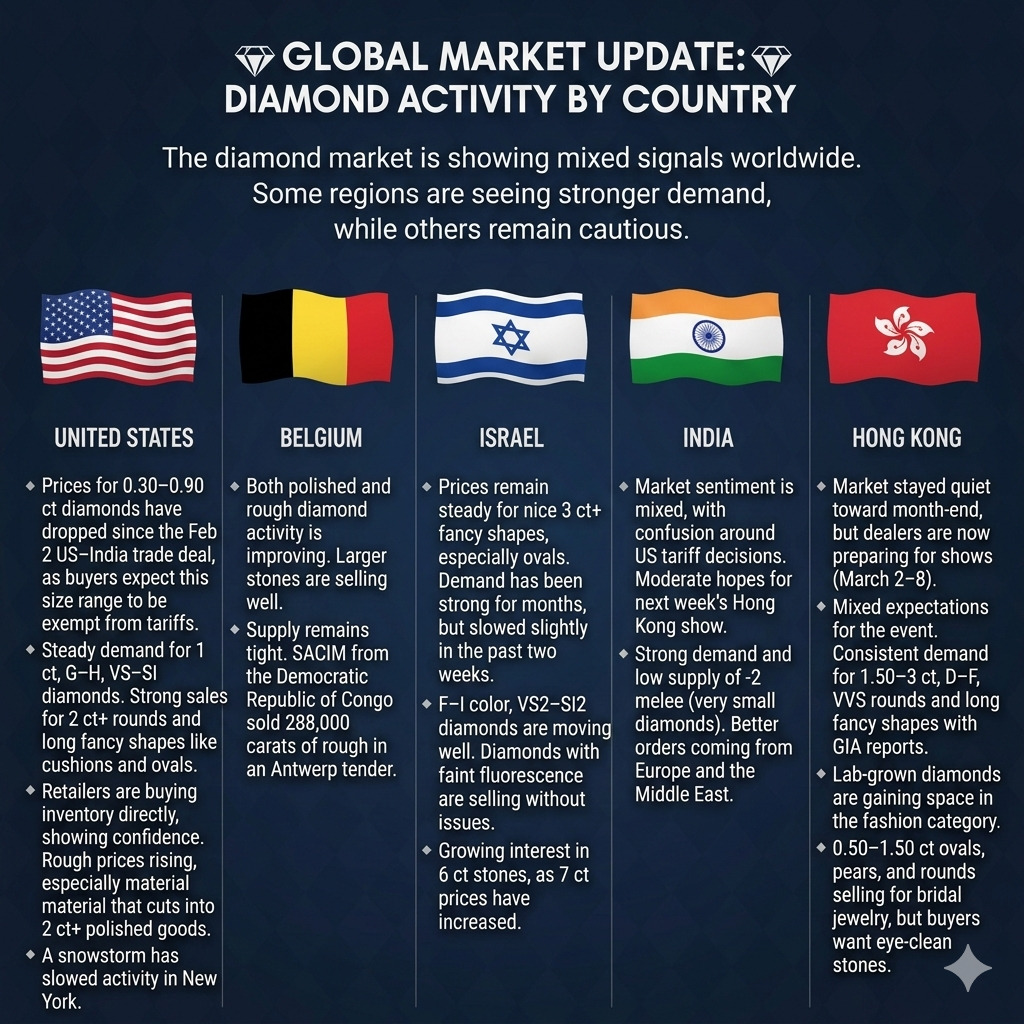
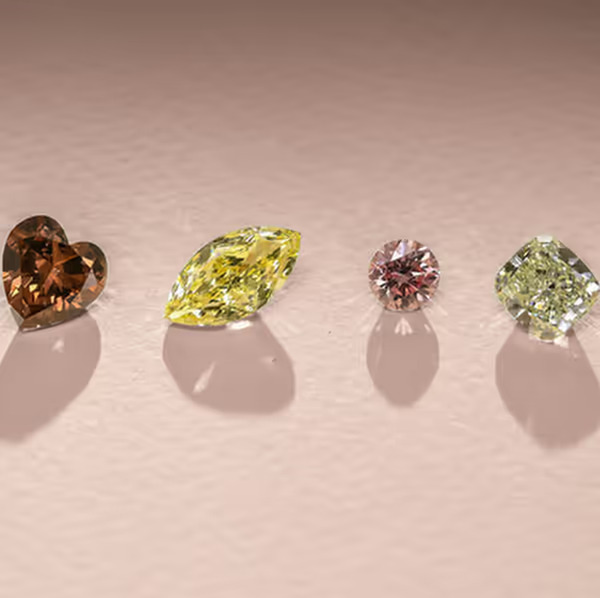
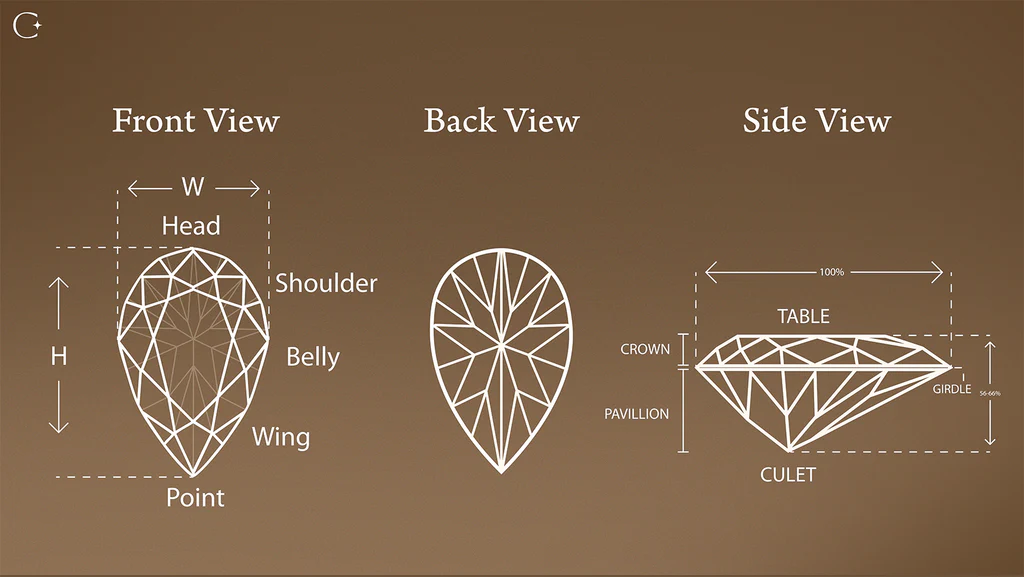
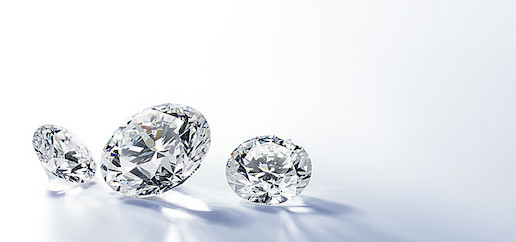
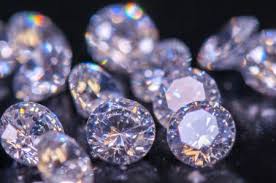
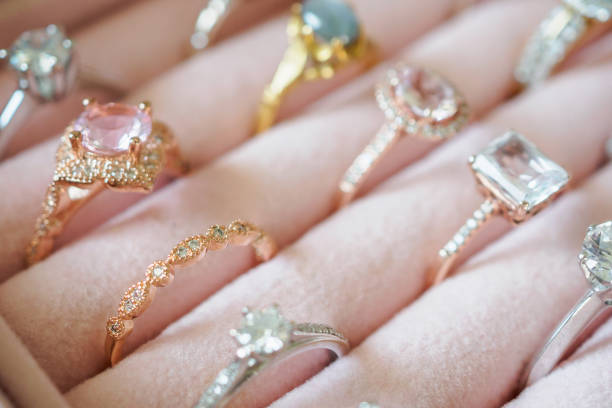
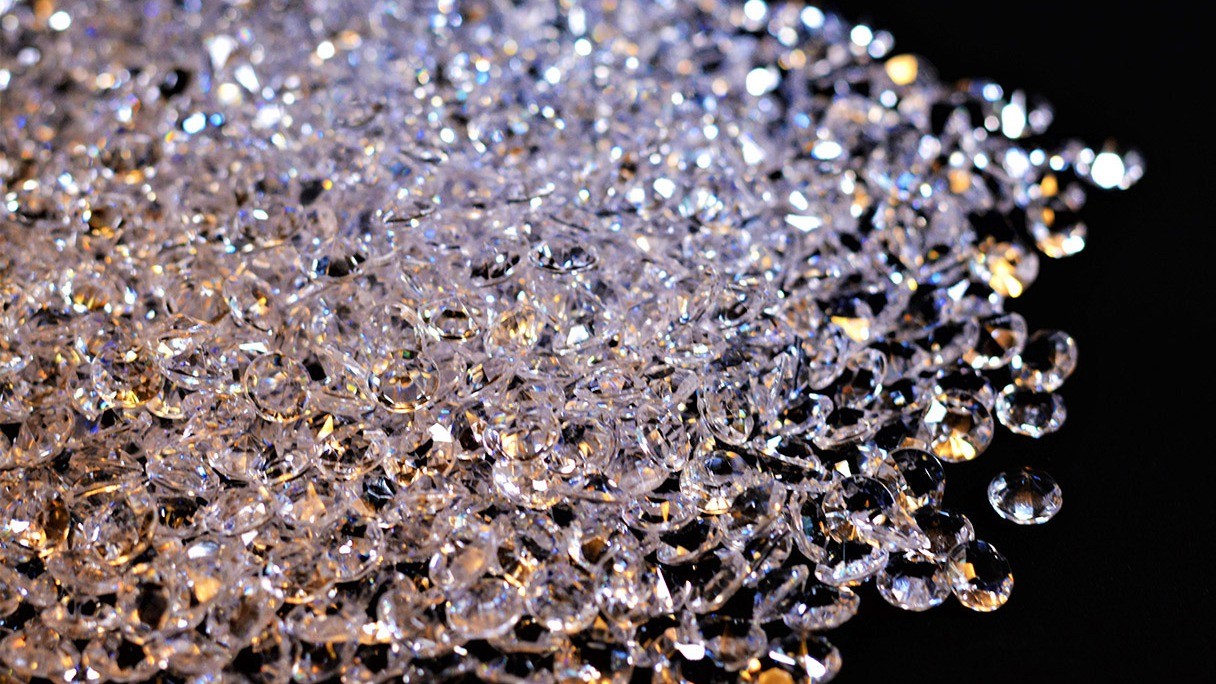
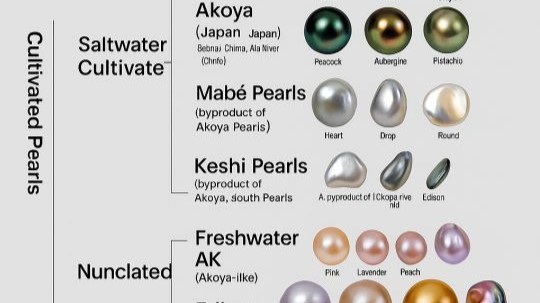

0 Comments
Please login to leave a reply.